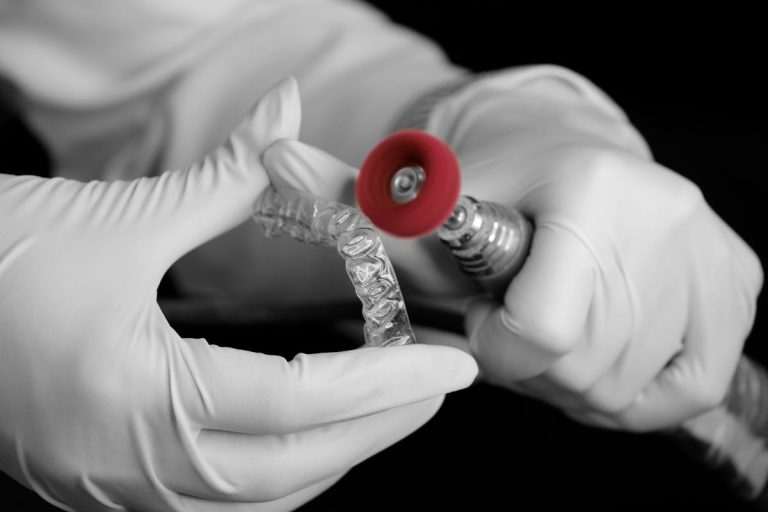Most people think that having oily skin is nothing but a frustrating problem, but it’s actually a blessing in disguise. Having oily skin gives you better sun damage resistance, makes you look more youthful and vibrant, fewer wrinkles and inflammation, and requires fewer skincare products. On top of that, you get to maintain hydration within your body for a longer period.
Oily skin results from the production of the oily and waxy substance in our body called sebum, which is actually beneficial for moisturizing and protecting your skin. However, having an overproduction of sebum can result in problematic oily skin that is hard to manage. Let’s go through some effective ways to help you control your oily skin.
1. Regularly wash your face
The basics are usually the best solutions for some, especially for oily skin. Wash your face with warm water and gentle soap. Experts highly suggest using soaps that do not have harsh chemicals, added moisturizers, and fragrances. Make sure to also not add friction into your skin by using rough washcloths or loofahs. These can only dry out or irritate your skin and trigger it to create more sebum, making your skin much oilier.
2. Craft a cleansing routine
Many people think that totally removing the oil from their skin is a good idea. Again, your skin needs oil for hydration and protection, so it’s actually healthy to over-cleanse your face. In fact, in some cases, over-cleansing can trigger your skin to produce more oil. Skin specialists advise using a milky cleanser or cream to eliminate the dirt without irritating your skin’s natural moisture levels and barrier function. Use quality hydrating serums or creams to wash your face. These facial cleansers are not only ideal for people with dry skin like many assume, but most of them are also helpful for reducing excess oil and making your skin a lot healthier.
Be wary of products that are solely formulated to get rid of oiliness. They generally contain harsh ingredients that can completely remove the oil in your skin, which is certainly not a good thing. Most of these products contain sulfates, astringents, and alcohols that can disrupt your skin barrier leading to dehydration, inflammation, breakouts, and sensitivity.

3. Check what you eat
To better control your skin’s oil production and prevent acne breakouts, avoid eating processed carbohydrates, sugary food, and dairy products. Another culprit that may increase the oil production is having a diet deficient in omega-3, vitamin B, magnesium, and zinc. It’s recommended to focus on eating more food containing these to manage the skin’s oil-producing glands better. Think oily food leads to oily skin? Not always. Specific ones such as fish oils that are high in omega 3 are actually beneficial for managing oil production and reducing acne.
4. Use the right moisturizers
One common misconception about managing oily skin is that you need to stay away from moisturizers as they can just make the skin oilier or greasier. But experts suggest using a good moisturizer to control the oiliness of the skin. If you have too much excess oil and do not want your skin to feel greasy, there are oil-free moisturizers you can buy.
Studies show that aloe vera is good for managing oily skin and acne as it has a natural soothing effect on the skin. If you’re looking to use aloe vera or pure aloe gel as your moisturizer, ensure to check the hidden ingredients that may irritate your skin.
5. Simplify the products you use
Most individuals with oily skin often overindulge themselves in multiple products to dry out their skin. Using too many skincare products is obviously not healthy for your skin. This can irritate your skin and even make it more sensitive. That is why experts always recommend simplifying the products you use in your skin. Use one at a time and give it a couple of weeks until your skin gets familiar with the product.
If you’re using different products for other skin conditions, consult a skin specialist to make sure you’re routine for removing excess oil won’t affect the results of the others you’re using or if it’s even safe to use them at the same time.
By following safe routines and using good products, you can reduce the excess oil coming out of your skin and causing several other problems. Craft the perfect skincare routine with these tips and start practicing healthier habits today. If these ways seem ineffective in reducing too much oil in your skin, it’s best to consult a specialist right away.






